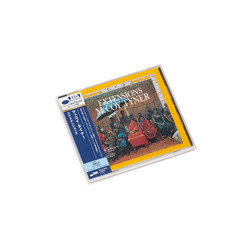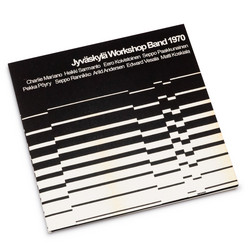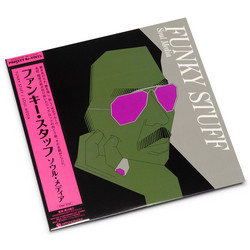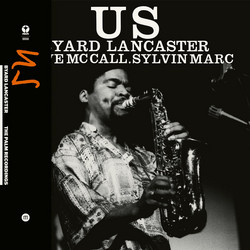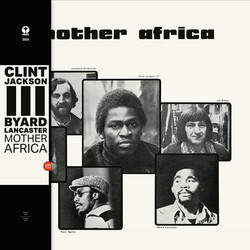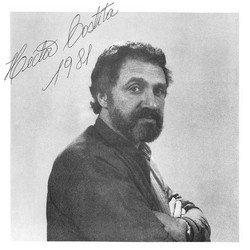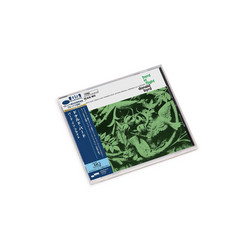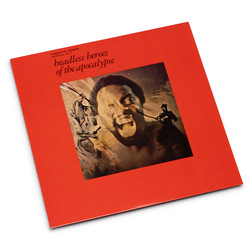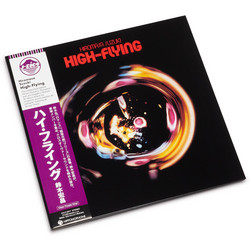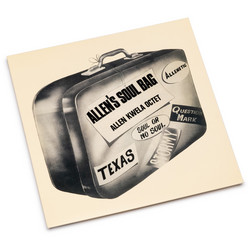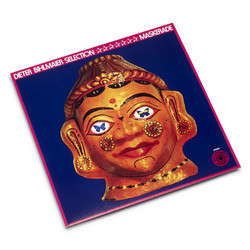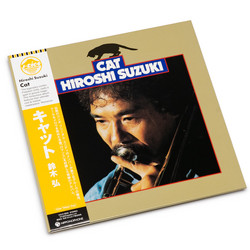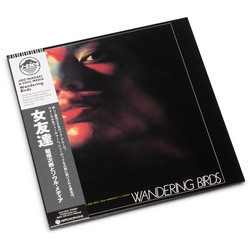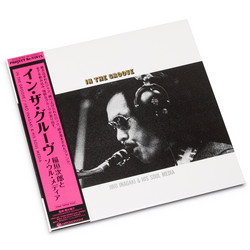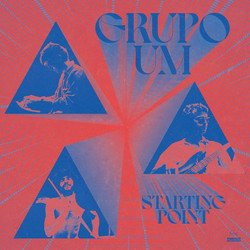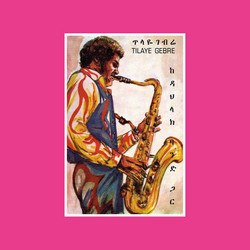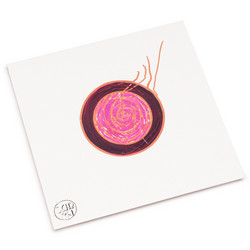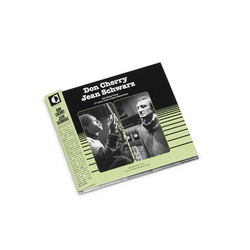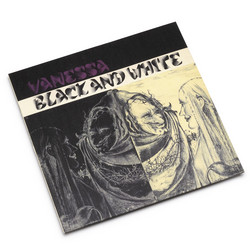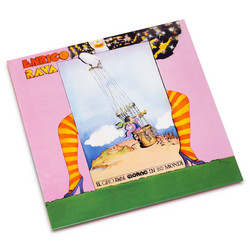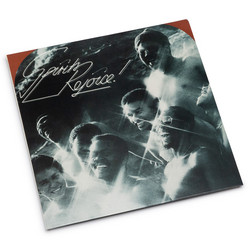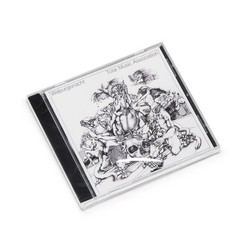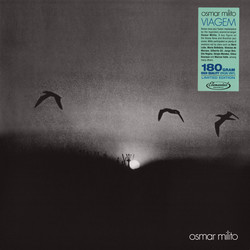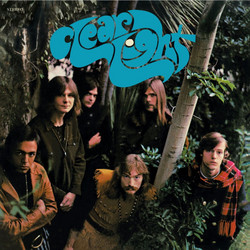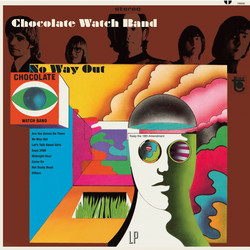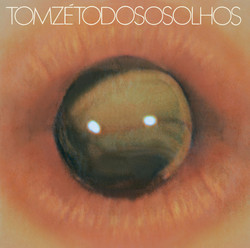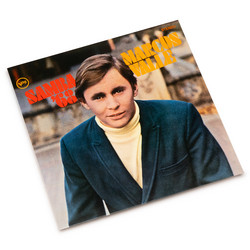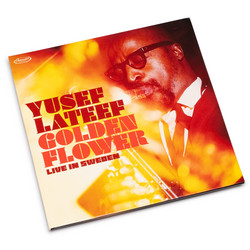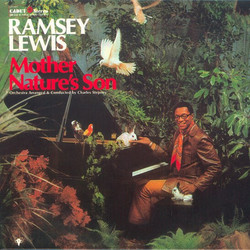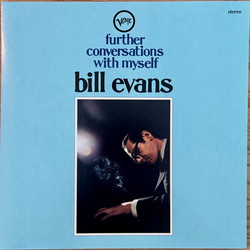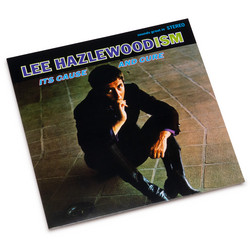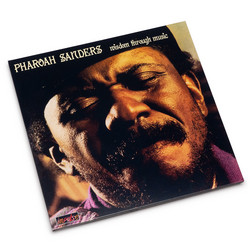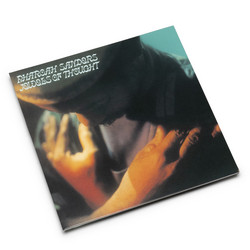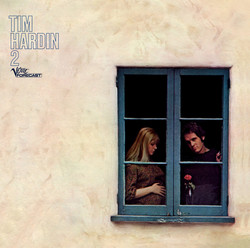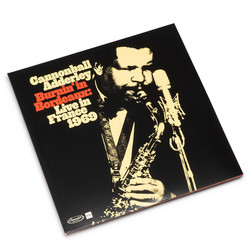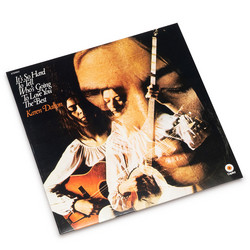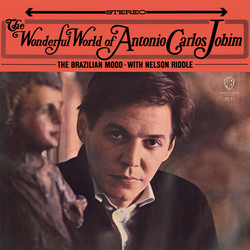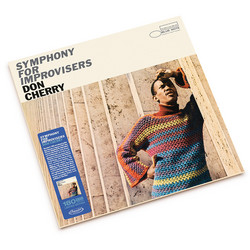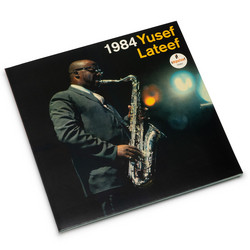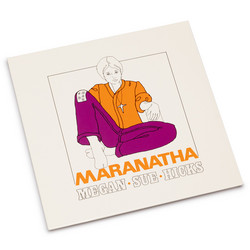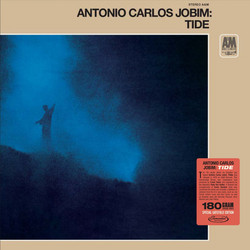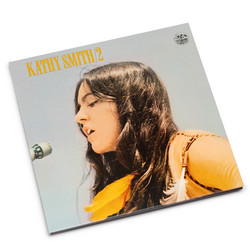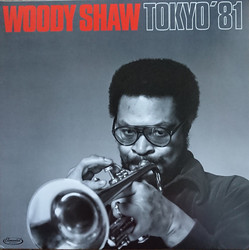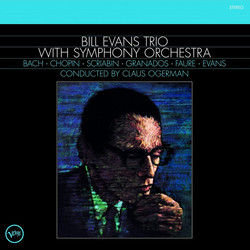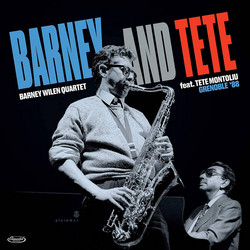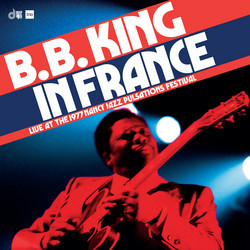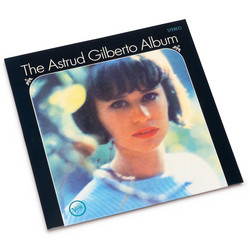One of Brazilian music's most overlooked treasures returns to vinyl with the reissue of Osmar Milito's Nem Paletó, Nem Gravata, originally released in 1973 on the ATCO/Continental label. The album stands as a definitive document of Brazil's golden era of samba-jazz, capturing the effortless sophistication that defined Rio's musical landscape in the early 1970s.
Pianist and arranger Osmar Milito crafted an album that seamlessly blends breezy Bossa Nova with soulful samba grooves and the lush, orchestral textures that would define MPB (Música Popular Brasileira). The record epitomizes the relaxed sophistication of 1970s Rio, wrapped in rich instrumentation that moves between intimate piano-led passages and full-bodied ensemble arrangements. The album features standout interpretations of Jorge Ben classics "Morre o burro, fica o homem" and "Quem mandou (Pé na tábua)," with Milito's arrangements bringing fresh perspective to Ben's distinctive compositions while maintaining their infectious rhythmic foundation.
Nem Paletó, Nem Gravata occupies a crucial position in the lineage of Brazilian instrumental music, bridging the gap between the intimate chamber music of early Bossa Nova and the more expansive, jazz-influenced sounds that would characterize artists like Marcos Valle, Azymuth, and Arthur Verocai. Milito's approach combines the harmonic sophistication of jazz with the rhythmic complexity of Brazilian popular music, creating compositions that feel both timeless and distinctly of their era. The album's title, roughly translating to "Neither Jacket Nor Tie," reflects the relaxed, unpretentious aesthetic that permeates the music—sophisticated without being stuffy, complex without being inaccessible.
For collectors and enthusiasts of Brazilian music, this reissue represents an opportunity to discover one of the genre's hidden masterpieces. The album's original pressing became increasingly rare over the decades, making it a coveted item among vinyl collectors specializing in Brazilian music. This new pressing ensures that Milito's contribution to Brazil's musical golden age remains accessible to contemporary listeners discovering the rich catalog of 1970s Brazilian instrumental music.
